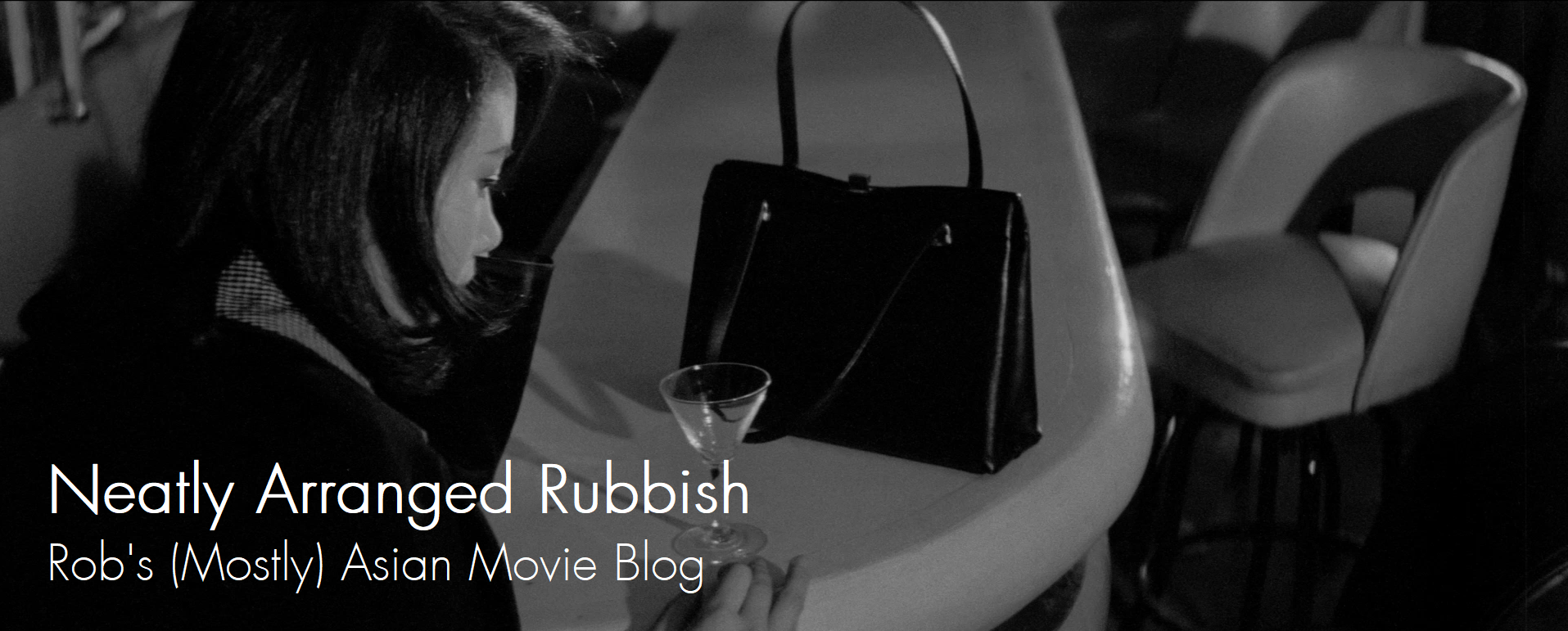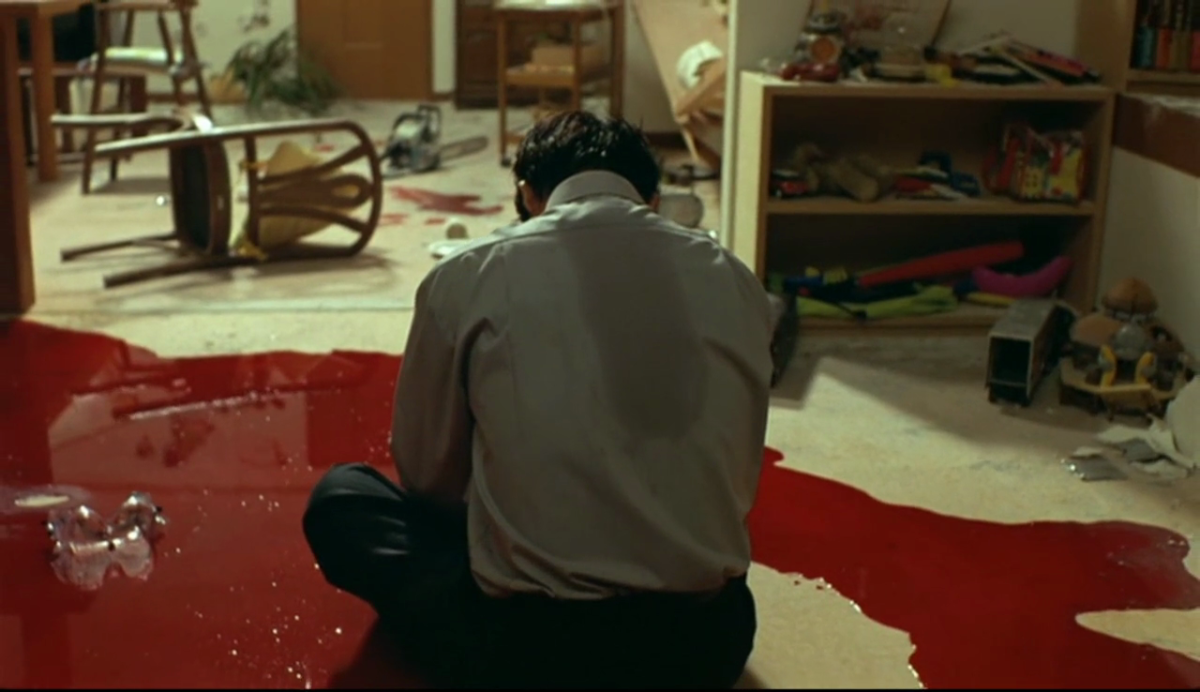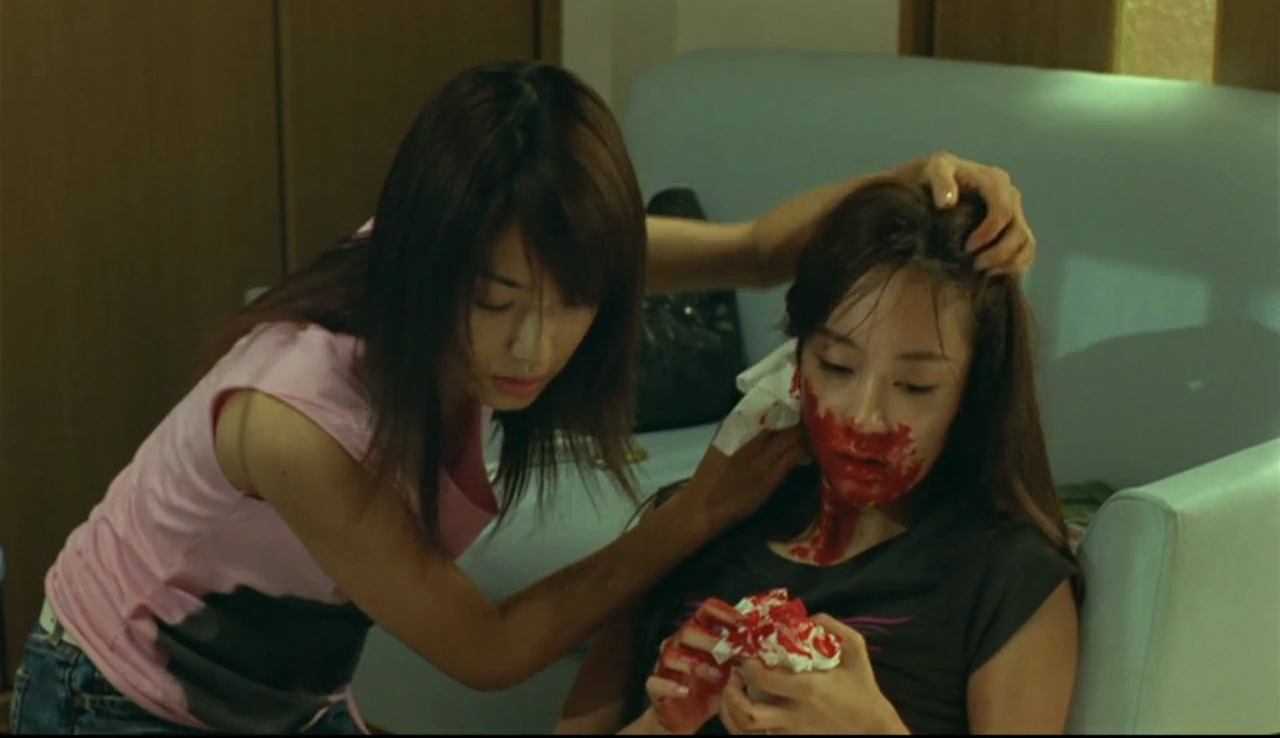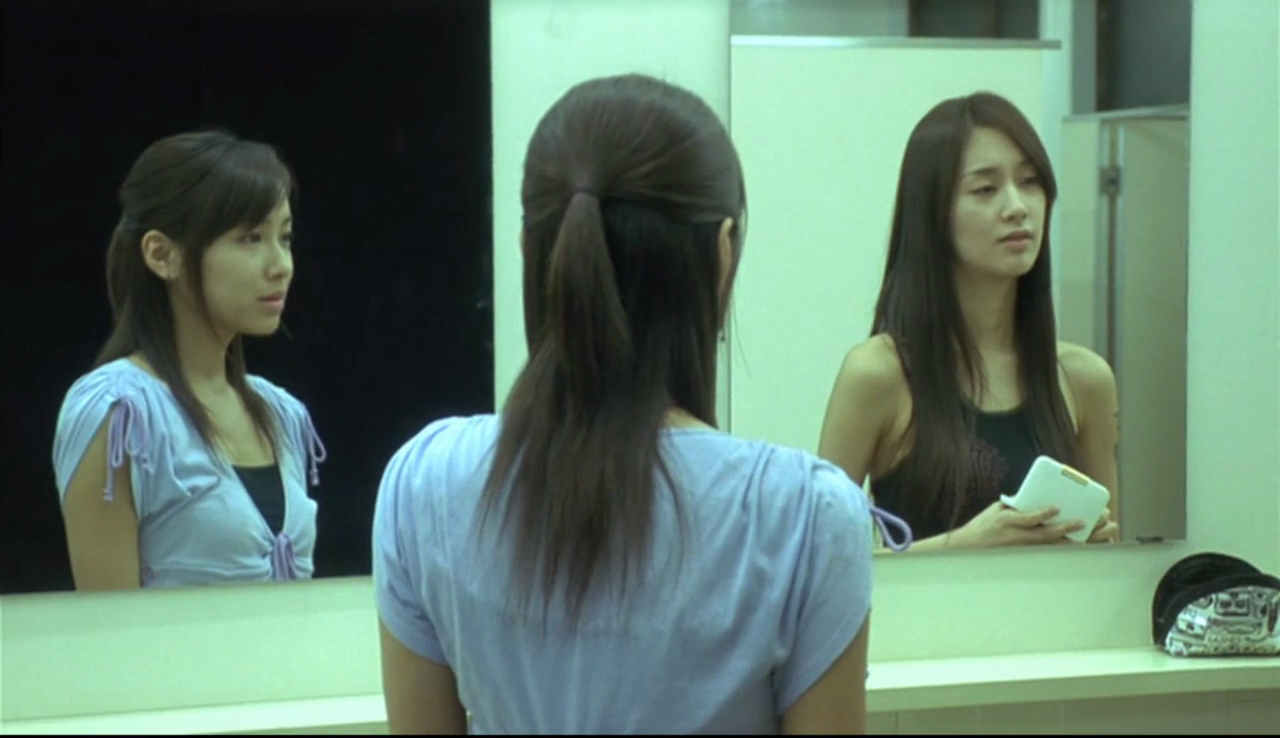Last Updated on October 6, 2020 by rob
On a class field trip schoolgirl Akiba (Asami Mizukawa) receives the news that her family – Mum, Dad and two infant brothers – have died in disturbing circumstances. Five years later the man convicted of her family’s murder is sentenced to death. But Akiba, now a University student, wants revenge and seeks out the condemned man’s wayward daughter, Miho (Rina Uchiyama) who runs a local bar and befriends her. One night Akiba saves Miho from her relentlessly abusive spouse and seizing her opportunity suggests to Miho that the only way for her to be truly safe is to kill her husband.
Are children fated to inherit the sins of the parents? That’s the theme of this gripping character-driven thriller dominated by two terrific performances from Mizukawa and Uchiyama. With the former set up as an angel of vengeance and the latter as an unsympathetic slattern who appears to have inherited the violent impulses of her father the characters initially seem as clear cut as any standard revenge movie. However the beauty of Deep Red is the way it gradually reverses these initial impressions. For Miho turns out against expectations to be a sensitive, likeable young lady struggling with low self-esteem in the aftermath of an event that’s blown her life apart.
Flashbacks show her father in an unexpectedly sympathetic light. In a brilliant reveal late in the story it’s Akiba’s parents who turn out to be the real villains, having drawn Miho’s father into a financial scam that sent him over the edge. As perspectives shift and Akiba subtly primes Miho for murder the superb performances and direction mean the girls never once descend into psycho killer cliches nor do they lose our sympathies. By the time the beat-the-clock climax arrives we’re desperate for Akiba to realise the error of her ways and save Miho from disaster.
The involving performances and direction are matched by an equally ingenious structure, one that conceals the exact circumstances of the ‘accident’ that killed Akiba’s family until the film’s climax. At that point director Tsukinoki audaciously intercuts the full horror of that fateful day with Miho’s confrontation with her thuggish husband which really has us on the edge of our seats. Tsukinoki has a good eye for mise-en-scene (I liked the way the colour red begins to creep into the lighting scheme in the film’s third act), and a pivotal dream sequence subtly frames its supposed heroine against darkness and its ‘villain’ in the light. It’s a potent reminder of just how far the moral compass of these characters has changed.
And I was particularly taken by the editing of one flashback as Miho’s Dad gazes out of his apartment window, pondering the violence to come, and appears to see his daughter and Akiba en route to their murderous rendezvous. It’s a grim restatement of the film’s theme and during the bloody climax the film tops it with a blackly comic gag on the same idea. Aside from the performances and the genre-blending on display here (this works as both drama, thriller, serial killer tale and even a kind of romance) I just really enjoyed the humanist thrust of Tsukinoki’s film, one in which our gal pals ultimately find in each other the strength to overcome their traumatic pasts. If you can find it, strongly recommended.



